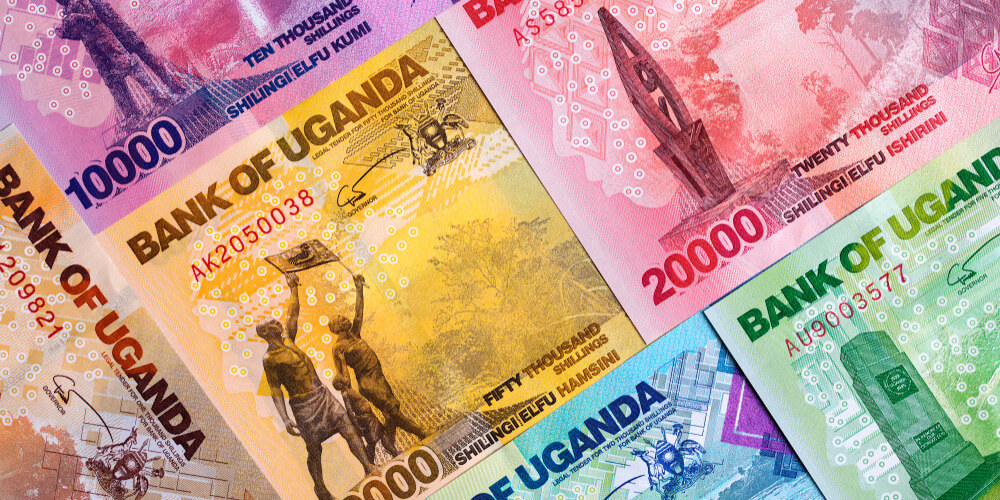Newswrap: Islamic finance
Uganda to introduce Islamic banking to microfinance industry; Kuwait’s Warba Bank opens branches in the metaverse; State Bank of Pakistan adopts four more AAOIFI standards; Securities Commission Malaysia launches SRI-linked Sukuk Framework.
Uganda to introduce Islamic banking to microfinance industry
Uganda’s Cabinet has passed proposals to amend the Microfinance Deposit-Taking Institutions Act 2003 to allow Islamic banking to join. Under the Financial Institutions Act, only banks are allowed to provide Islamic banking services to customers. According to the 2013 National Census, Islam in Uganda was practised by 13.7% of the 24.4 million population.
The amended Act will allow microfinance institutions “special access to the credit reference bureau by other accredited credit providers and service providers,” reported KBC. “According to the Association of Microfinance Institutions of Uganda (AMFIU), the COVID-19 pandemic resulted in a decline in average repayment rates of its members from 82.8% in January 2020 to 41% in April 2020 as clients’ cash flow dried up in the financial year 2019/20.”
Kuwait’s Warba Bank opens branches in the metaverse
Kuwait-based Islamic bank Warba has opened two branches in the metaversa, in Decentraland and Sandbox, reported Techstory. The website said that Warba Bank is “expanding into the metaverse so that it may provide a greater level of service to its younger clientele”.
| Read - |
State Bank of Pakistan adopts four more AAOIFI standards
The State Bank of Pakistan (SBP), the central bank, adopted four additional Sharia standards of Bahrain-based Accounting and Auditing Organization for Islamic Financial Institutions (AAOIFI) to further enhance Islamic banking in the country, reported Dawn. “The standardisation and harmonisation in Sharia practices and procedures are helping in elevating the local Islamic banking industry at par with the international best practices,” said the SBP. “After a comprehensive process of evaluation and deliberations with the internal and external stakeholders, keeping in view our local environment, today the State Bank has adopted four more AAOIFI Sharia standards on Salam and Parallel Salam; Istisna and Parallel Istisna; and Combination of Contracts and Irrigation Partnership (Musaqat), with certain clarifications and amendments.”
Securities Commission Malaysia launches SRI-linked Sukuk Framework
The Securities Commission Malaysia (SC) has launched the Sustainable and Responsible Investment linked (SRI-linked) Sukuk Framework to facilitate fundraising by companies in addressing sustainability concerns such as climate change or social agenda, with features that relate to the issuer’s sustainability performance commitments, according to a press release.
With the accelerated shift towards developing a climate-resilient future, high-emitting industries are at a high risk of being phased out. The SRI-linked sukuk will enable companies in these as well as other industries to transition into a low-carbon or net zero economy. As at December 31, 2021, the global sustainable bonds outstanding exceeded $1 trillion with sustainability-linked bonds making up $118.8 billion.
The Framework is an extension of the initiatives under the SRI Roadmap that was introduced in 2019 to broaden SRI products offerings. The initiative reflects the SC’s commitment to expand the reach of the Islamic Capital Market (ICM) to the broader stakeholders of the economy and build an enabling ICM ecosystem for the sustainability agenda.
“The SRI-linked Sukuk Framework will encourage greater mobilisation of private sector and issuers’ financing towards sustainable development and meet the increasing global demand for sustainable financing. This is in line with the initiatives outlined in the Capital Market Masterplan 3 to reinforce Malaysia’s value proposition as the regional centre for Shariah-compliant SRI,” said SC Chairman Dato’ Seri Dr. Awang Adek Hussin.
